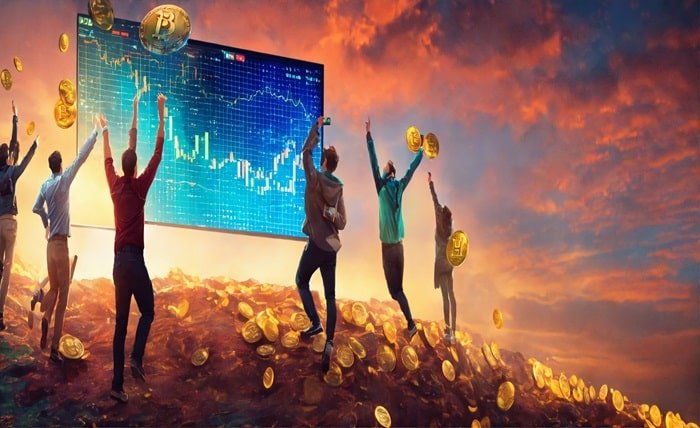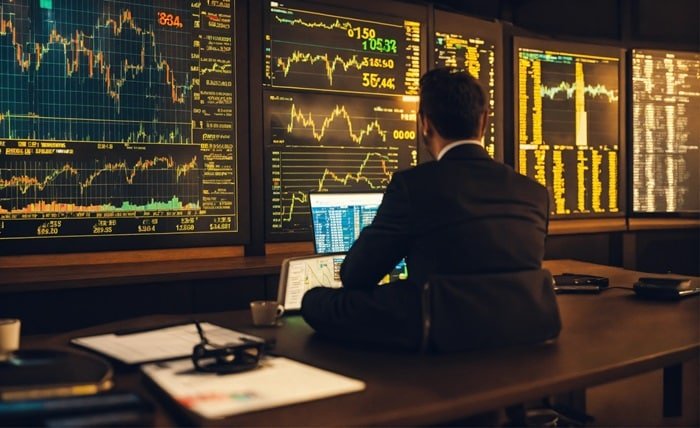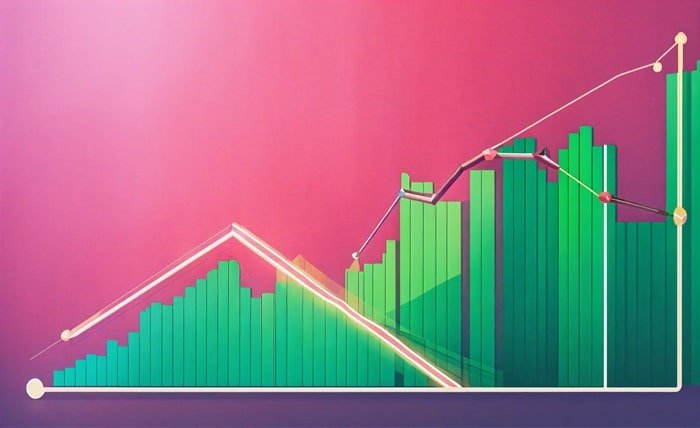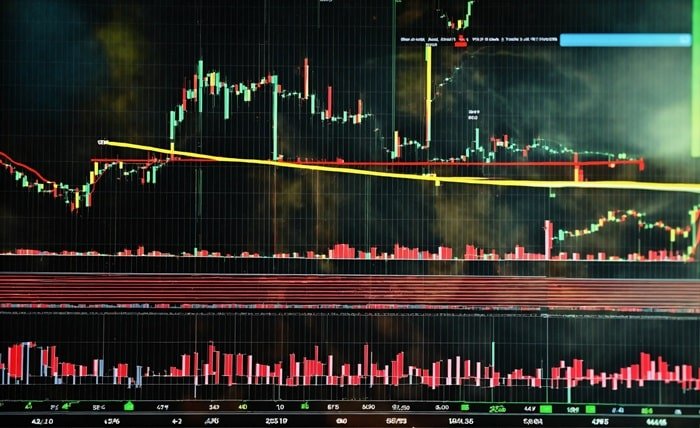Introduction
The dynamic and international forex market, sometimes referred to as foreign exchange or FX trading, is where currencies are purchased and sold. Every day, trillions of dollars’ worth of transactions involving individuals, corporations, and institutions take place in this financial arena. Let’s explore the nuances of this intriguing sector.c
What is Forex Trading?
Fundamentally, trading forex is changing one currency for another. Traders make predictions about how the values of various currencies will fluctuate to make money. The forex market is one of the most active and liquid marketplaces in the world since it is open twenty-four hours a day, five days a week.
The Basics of Currency Pairs
In forex, currencies are traded in pairs. For example:
- EUR/USD: The euro is valued at US dollars (EUR/USD).
- EUR/USD: The British pound is worth compared to the Japanese yen. Each pair represents the exchange rate between the two currencies. To make wise choices, traders examine these rates.
Market Participants
The forex market is a melting pot of participants:
- Retail Traders: Retail traders are rare people who are just like us.
- Institutional traders: businesses, banks, and hedge funds.
- Central banks: By implementing monetary policies, they affect currency rates.
- Speculators: Aim for rapid profits by following changes in the market.
Leverage and Margin
Leverage is a common feature of forex trading, enabling traders to manage larger holdings with lower initial investments. Leverage, however, increases both gains and losses. Margin accounts give you the money you need to start trading.
Trading Strategies
Traders employ various strategies:
- Technical Analysis: Technical analysis is the process of predicting price changes using patterns, indicators, and charts.
- Technical Analysis: Analyzing economic data, interest rates, and geopolitical developments is known as fundamental analysis.
- Scalping: Making quick, regular transactions for marginal profits.
- Trading swings: Making money off of medium-term trends.
- Carry trading: Making money off of variations in interest rates.
6. Risks and Rewards
Forex trading offers immense potential but comes with risks:
- Volatility: A sharp fluctuation in price.
- Leverage Risk: Using a lot of leverage might result in significant losses.
- Market hours: Constant observation is required due to its 24/7 operation.
- Currency Risk: Economic considerations cause exchange rates to vary.
Conclusion
The exciting world of forex trading is one in which economies mix, currencies clash, and fortunes shift. Traders of all experience levels must comprehend the subtleties of this market. The next time you see those currency pairs dancing on your screen, keep in mind that a world of possibility is hidden behind each click.
FAQs:
1. Is forex trading a good way to get rich quickly?
Ans: No, forex trading is not a guaranteed path to riches. It requires skill, discipline, and risk management.
2. How much money do I need to start forex trading?
Ans: The minimum amount varies depending on the broker, but you can start with a smaller sum to practice.
3. What are the risks involved in forex trading?
Ans: Forex trading carries the risk of losing your entire investment due to market fluctuations and leverage.
4. Are there any resources available to learn more about forex trading?
Ans: Yes, there are numerous online resources, educational materials, and even demo accounts offered by brokers.
5Sh.Could I seek professional advice before starting forex trading?
Ans: Consulting a qualified financial advisor can be beneficial, especially for beginners.
Although it’s not for everyone, forex trading can be a very rewarding experience. You may improve your chances of success in this competitive market by knowing the fundamentals, controlling risk well, and constantly improving your abilities.




